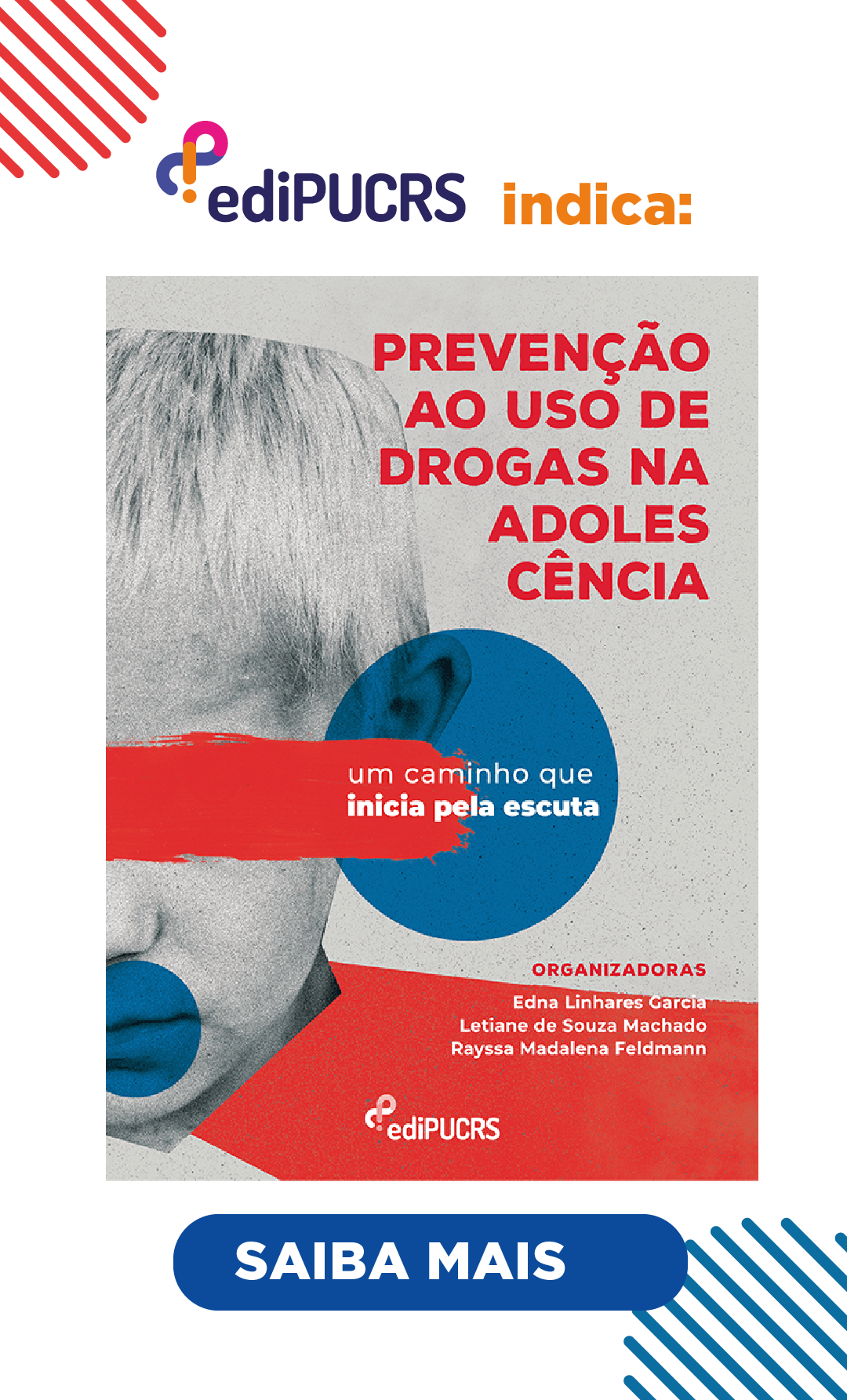Submissions
Submission Preparation Checklist
As part of the submission process, authors are required to check off their submission's compliance with all of the following items, and submissions may be returned to authors that do not adhere to these guidelines.- The text follows the journal's formatting requirements according to the "Guidelines for Authors"found in the "Submissions" section.
- It is mandatory to fill in the Article Cover, with the article information. This document must be forwarded separately at the time of submission.
Articles
Research papers, preferably in the areas of anthropology, strategic studies, political science, social sciences, public policy, international relations, sociology, sociology of law and political theory.
Characteristics of the Section:
- Co-authored papers are accepted.
- Researchers' articles are accepted, regardless of academic degree.
Review
Esta seção recebe submissões em fluxo contínuo.Dossier – Sociology of political elites
Thematic dossiers, preferably in the areas of anthropology, strategic studies, political science, social sciences, public policy, international relations, sociology, sociology of law and political theory.
Characteristics of the Section:
- Co-authored papers are accepted.
- Researchers' papers are accepted, regardless of academic degree.
- The acceptance of the paper for publication, even if approved by blind reviewers, is subject to analysis by the organizers of the dossier.
Dossier - Action, Identity and Networks in Cyberspace
Thematic dossiers, preferably in the areas of anthropology, strategic studies, political science, social sciences, public policy, international relations, sociology, sociology of law and political theory.
Characteristics of the Section:
- Co-authored papers are accepted.
- Researchers' papers are accepted, regardless of academic degree.
- The acceptance of the paper for publication, even if approved by blind reviewers, is subject to analysis by the organizers of the dossier.
Dossier - Migrations
Thematic dossiers, preferably in the areas of anthropology, strategic studies, political science, social sciences, public policy, international relations, sociology, sociology of law and political theory.
Characteristics of the Section:
- Co-authored papers are accepted.
- Researchers' papers are accepted, regardless of academic degree.
- The acceptance of the paper for publication, even if approved by blind reviewers, is subject to analysis by the organizers of the dossier.
Interdisciplinary Challenges in the Era of Climate Change
Climate change, underscored by global catastrophic events, has emerged as a critical concern, particularly within social, cultural, and economic contexts. These changes significantly impact vulnerable populations, exacerbated by environmental racism, necessitating attention from movements aimed at reducing these social inequalities. In Brazil, various climatic phenomena, such as mass movements and abrupt temperature changes, as well as prolonged periods of drought and flooding, are noteworthy. This dossier aims to compile studies and research focused on climate change and its consequences. It also seeks alternatives for a dignified and secure existence, all from the perspective of environmental justice. The phenomena will be analyzed through the lens of the humanities, encompassing the following thematic axes:
Social Axis: Focuses on the impact on vulnerable populations, addressing issues such as gender, environmental racism, and environmental justice.
Cultural Axis: Deals with environmental activism, sustainability, and education for environmental awareness.
Economic Axis: Examines the impact on family agricultural production, public health, circular energy, and disaster management, including human costs.
Legal Axis: Discusses laws, regulations, assistance, public and climate policies, and the role of the state.
Given the urgency of the climate change debate, it is essential to promote multi- and interdisciplinary dialogues in various formats to reach a broader audience. Therefore, a dossier is proposed that engages with the humanities. Papers in innovative formats, such as reports and chronicles, may also be submitted, provided they align with at least one of the proposed themes and maintain ethical and academic rigor. Submissions will be accepted continuously for the 2023 and 2024 editions of the "Conversas e Controvérsias" Journal, with the deadline set for May 30, 2024.
Organizers: Dr. Maria Isabel Bellini (PUCRS), Handiara Oliveira dos Santos (PUCRS), Ana Carolina Ricco Uranga (PUCRS), Ricardo e Silva Martins (PUCRS).
Copyright Notice
Copyright
The submission of originals to Conversas & Controvérsias implies the transfer by the authors of the right for publication. Authors retain copyright and grant the journal right of first publication. If the authors wish to include the same data into another publication, they must cite Conversas & Controvérsias as the site of original publication.
Creative Commons License
Except where otherwise specified, material published in this journal is licensed under a Creative Commons Attribution 4.0 International license, which allows unrestricted use, distribution and reproduction in any medium, provided the original publication is correctly cited.
Privacy Statement
The names and email addresses informed will be used exclusively for the stated purposes of this journal and will not be made available for any other purposes or third parties.





